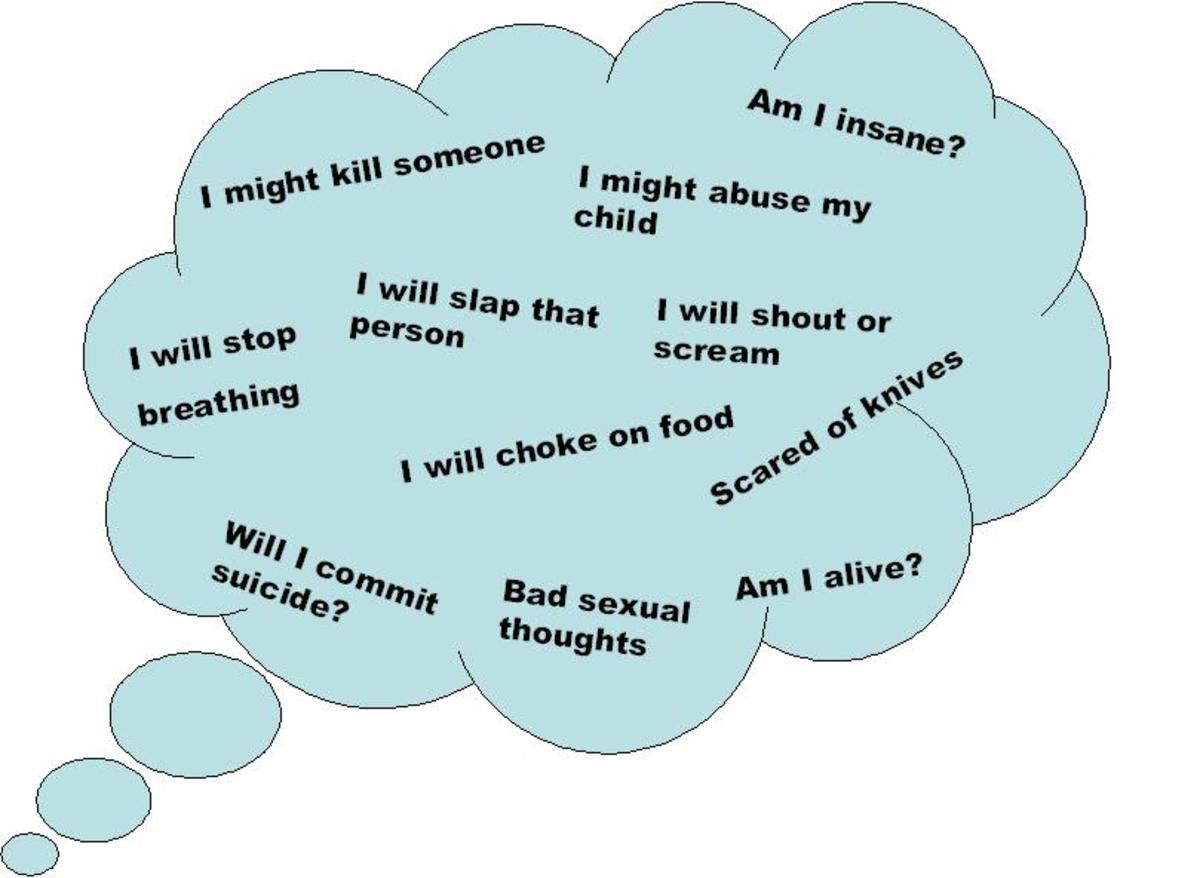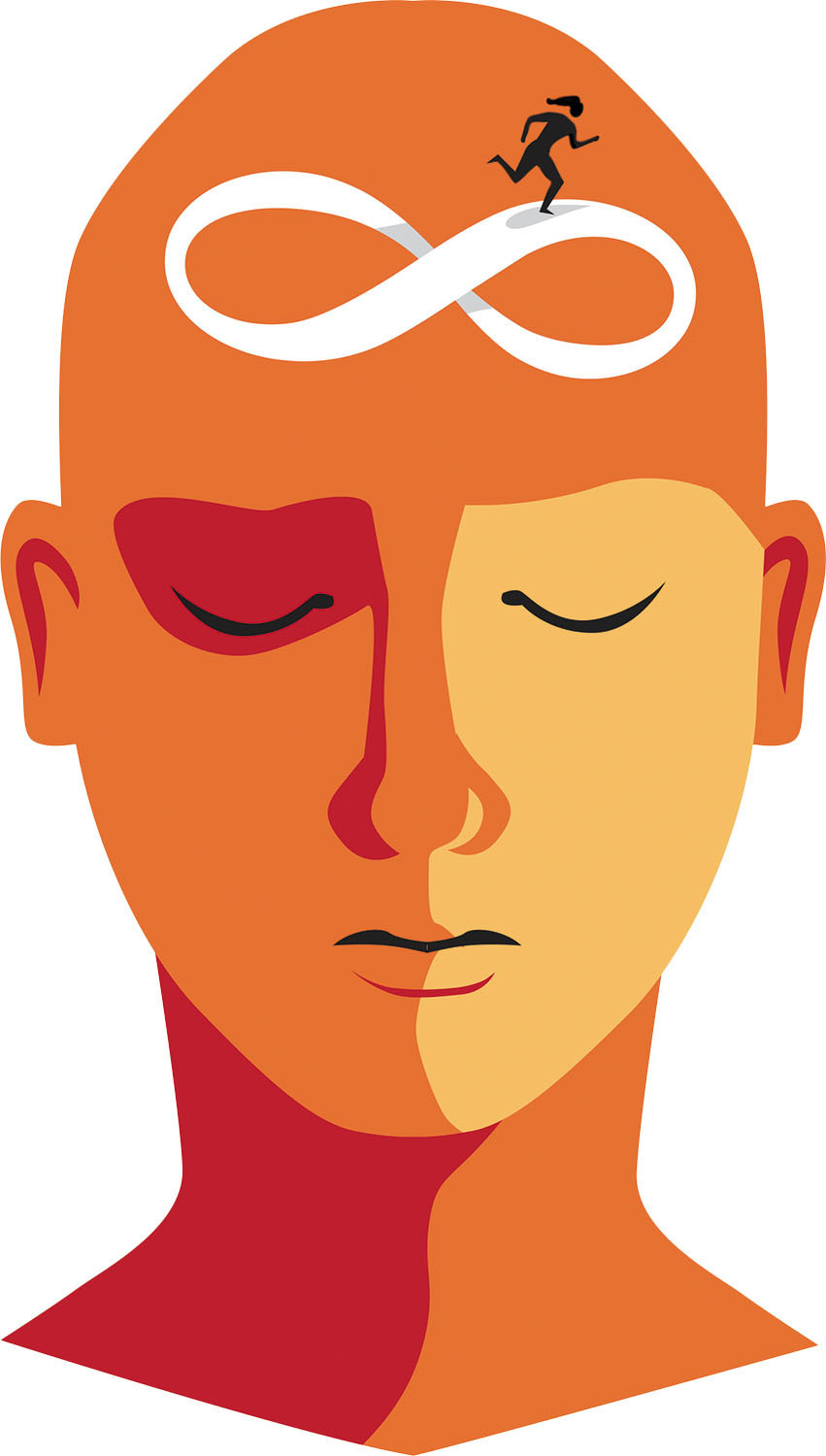If you are a parent who is experiencing intrusive thoughts of harming your child, you are not alone. Perinatal OCD (obsessive-compulsive disorder) is a type of OCD that can occur during pregnancy or in the postpartum period. It is estimated that up to 2% of pregnant women and new mothers experience perinatal OCD. If you are struggling with these thoughts, it is important to get help. In this article, we will discuss what perinatal OCD is, the symptoms, how to get help, and ways to manage the condition.
Contents
Understanding Perinatal OCD

Perinatal OCD is a type of OCD that can occur during pregnancy or in the postpartum period. It is estimated that up to of pregnant women and new mothers experience perinatal OCD. The condition is characterized by intrusive, unwanted thoughts about harming one’s child.
These thoughts can be so distressing that they interfere with a person’s ability to care for their child. In some cases, the mother may also have compulsions, or repetitive behaviors, that she feels she must do to prevent herself from harming her child.
Types of Perinatal OCD
There are two types of perinatal OCD:
- Prenatal OCD: This type of OCD occurs during pregnancy.
- Postpartum OCD: This type of OCD occurs after the birth of a child.
Degrees of Perinatal OCD
There are three degrees of perinatal OCD:
- Mild: Intrusive thoughts are infrequent and do not interfere with daily life.
- Moderate: Intrusive thoughts are more frequent and may interfere with daily life.
- Severe: Intrusive thoughts are constant and severely interfere with daily life.
Causes And Risk Factors
There is no single cause of perinatal OCD. It is thought to be caused by a combination of:
- genetic,
- biological, and
- environmental factors.
Some of the risk factors for perinatal OCD include:
- A family history of OCD or other mental health disorders.
- Prenatal exposure to certain toxins, such as lead.
- Certain medical conditions, such as thyroid problems.
Prone Personality Types
Certain personality types are more prone to developing perinatal OCD. These personality types include people who are/:
- perfectionists.
- highly sensitive.
- have a history of anxiety or depression.
Perinatal OCD Vs. Postpartum Depression
It is important to distinguish between perinatal OCD and postpartum depression. Although both conditions can occur in the postpartum period, they are different.
- Postpartum depression is a type of depression that can occur after the birth of a child. It is characterized by feelings of sadness, hopelessness, and worthlessness.
- Perinatal OCD is an anxiety disorder that is characterized by intrusive thoughts about harming one’s child.
Studying Symptoms of Perinatal OCD

There are two types of symptoms of perinatal OCD:
- Obsessions: These are intrusive, unwanted thoughts about harming one’s child.
- Compulsions: These are repetitive behaviors that a person engages in to try to reduce the anxiety caused by obsessions.
Obsessions Involved In Perinatal OCD
The obsessions involved in perinatal OCD can be divided into four categories:
- Thoughts about harming the baby: These thoughts can involve fears of accidentally harming the baby or intentionally harming the baby.
- Thoughts about contamination: These thoughts can involve fears of germs or toxins harming the baby.
- Intrusive sexual thoughts: These thoughts can involve fears of sexually abusing the baby.
- Thoughts about inadequacy: These thoughts can involve fears of being a bad parent or harming the baby due to one’s inadequacies.
Compulsions Under Perinatal OCD
The compulsions involved in perinatal OCD can be divided into four categories:
- Checking: This can involve checking on the baby to make sure they are safe.
- Cleaning: This can involve washing the hands or cleaning the house to reduce the risk of contamination.
- Mental compulsions: This can involve counting, repeating words, or praying to reduce anxiety.
- Avoidance: This can involve avoiding places or people where the person fears harming the baby.
Tests and Questionnaires For Diagnosis
There is no single test or questionnaire that can diagnose perinatal OCD. However, some tools can be used to screen for the condition. For instance:
- The Perinatal Anxiety Scale
- The Postpartum Depression Predictor
- The Edinburgh Postnatal Depression Scale
Managing Symptoms of Perinatal OCD

If you are struggling with perinatal OCD, there are some things you can do to manage your symptoms.
Self-help Tips
Some self-help tips can be used to manage perinatal OCD. For instance:
- Get enough sleep.
- Exercise regularly.
- Eat a healthy diet.
- Limit caffeine intake.
- Avoid alcohol and drugs.
- Practice relaxation techniques.
Why It Is Important To Identify Your Triggers
Certain things can trigger perinatal OCD symptoms. It is important to identify your triggers so that you can avoid them. Some of the most common triggers include:
- Lack of sleep
- Stressful life events
- Hormonal changes
How Connecting With Other Mothers Can Help You
If you are struggling with perinatal OCD, it can be helpful to connect with other mothers who are going through the same thing. There are many online and in-person support groups for mothers with perinatal OCD.
Self-help Tools
Some self-help tools can be used to manage perinatal OCD. For instance:
- The Pregnancy and Postpartum Anxiety Workbook
- The Postpartum Self-Care Planner
Limitations of Self-help Measures
Although self-help measures can be helpful, they have limitations. They may not be effective for everyone, and they can take time to work. So if you are struggling to manage your symptoms with self-help measures, it is important to seek professional help.
Seeking Treatment For Perinatal OCD
Perinatal OCD is a serious condition that can have a significant impact on your life. Thankfully, there are many different types of treatment available for perinatal OCD.
Therapies
Several therapies can be effective for perinatal OCD. For instance:
- Cognitive Behavioral Therapy (CBT) is a type of therapy that can be effective for perinatal OCD. CBT focuses on changing the thoughts and behaviors that contribute to OCD.
- Exposure and Response Prevention Therapy (ERP) is a type of therapy that can be effective for perinatal OCD. ERP focuses on exposure to the thoughts and behaviors that contribute to OCD.
Medication
Several medications can be effective for perinatal OCD. For instance:
- Tricyclic Antidepressants (TCAs)
- Monoamine Oxidase Inhibitors (MAOIs)
- Selective Serotonin Reuptake Inhibitors (SSRIs)
DISCLAIMER: The information in this blog post is not intended to be medical advice. If you are experiencing perinatal OCD, it is important to seek professional help.
Celebrating Motherhood Amid Chaos

No mother ever wants to think about harming her child. But for some mothers-to-be and new mothers, intrusive thoughts about harming their children are a real and debilitating problem. As a result, it can be devastating for both the mother and her family.
Thus, we thought of giving you some reasons to celebrate motherhood, a new chapter of your life. Here are some happy and heartwarming moments that’ll make you forget your worries and stress.
Reasons To Celebrate Motherhood
These are just some of the many reasons to celebrate motherhood. So, if you’re feeling stressed or down, take a moment to reflect on all the happy moments you’ve experienced as a mother.
The moment you see your baby for the first time: There’s nothing like seeing your child for the first time. All your worries and stress will disappear the moment you lay eyes on your beautiful baby.
When your baby grasps your finger for the first time: This is a moment that’ll stay with you forever. It’s such a special feeling to have your baby grip your finger tightly.
Hearing your baby laugh for the first time: Hearing your baby laugh is one of the most joyful experiences you’ll ever have. It’s a sound that’ll fill you with happiness and love.
Your baby’s first steps: Seeing your baby take its first steps is an amazing milestone. You’ll be so proud of your little one and all their achievements. So just think of it, you’re slowly getting there.
Watching your baby sleep soundly: There’s nothing more peaceful than watching your baby sleep peacefully. It’s a moment of calm amid all the chaos. Feel the safety and comfort that your adorable baby gets in your protective arms.
Feeling your baby’s heartbeat: Feeling your baby’s heartbeat is an incredible feeling. It’s a reminder that you’re connected to this little life in a very special way. Now, do you still want to hurt this adorable soul?
Being able to give life: The ability to give life is one of the most amazing things about being a mother. You’ll be able to create and nurture a new life, and that is an incredible gift. You are a creator, you wouldn’t want to take a life!
Other Measures That You Can Take
And if you need some support, don’t hesitate to reach out to your friends or family. Remember, you’re not alone in this journey.
Sharing a meal with your family and enjoying every bite: Sitting down to a meal with your family is a cherished moment. You’ll be able to bond and connect with your loved ones over some delicious food.
Making new friends who are also mothers: Motherhood can be isolating, so it’s important to have friends who understand what you’re going through. These friends will be your support system and you’ll be able to rely on them for advice and guidance.
Having someone to rely on for advice and support: It’s so important to have someone you can turn to when you need advice or support. Knowing that there’s someone in your corner is a huge comfort. Here, the Mantra Care team can be that support system for you.
Conclusion
If you are struggling with perinatal OCD, it is important to seek professional help. There are several effective treatments available, including cognitive behavioral therapy and medication. Thus with treatment, you can manage your symptoms and live a healthy and happy life. Happy motherhood!
If you have any queries regarding Online OCD Counseling experienced therapists at MantraCare can help: Book a trial OCD therapy session


